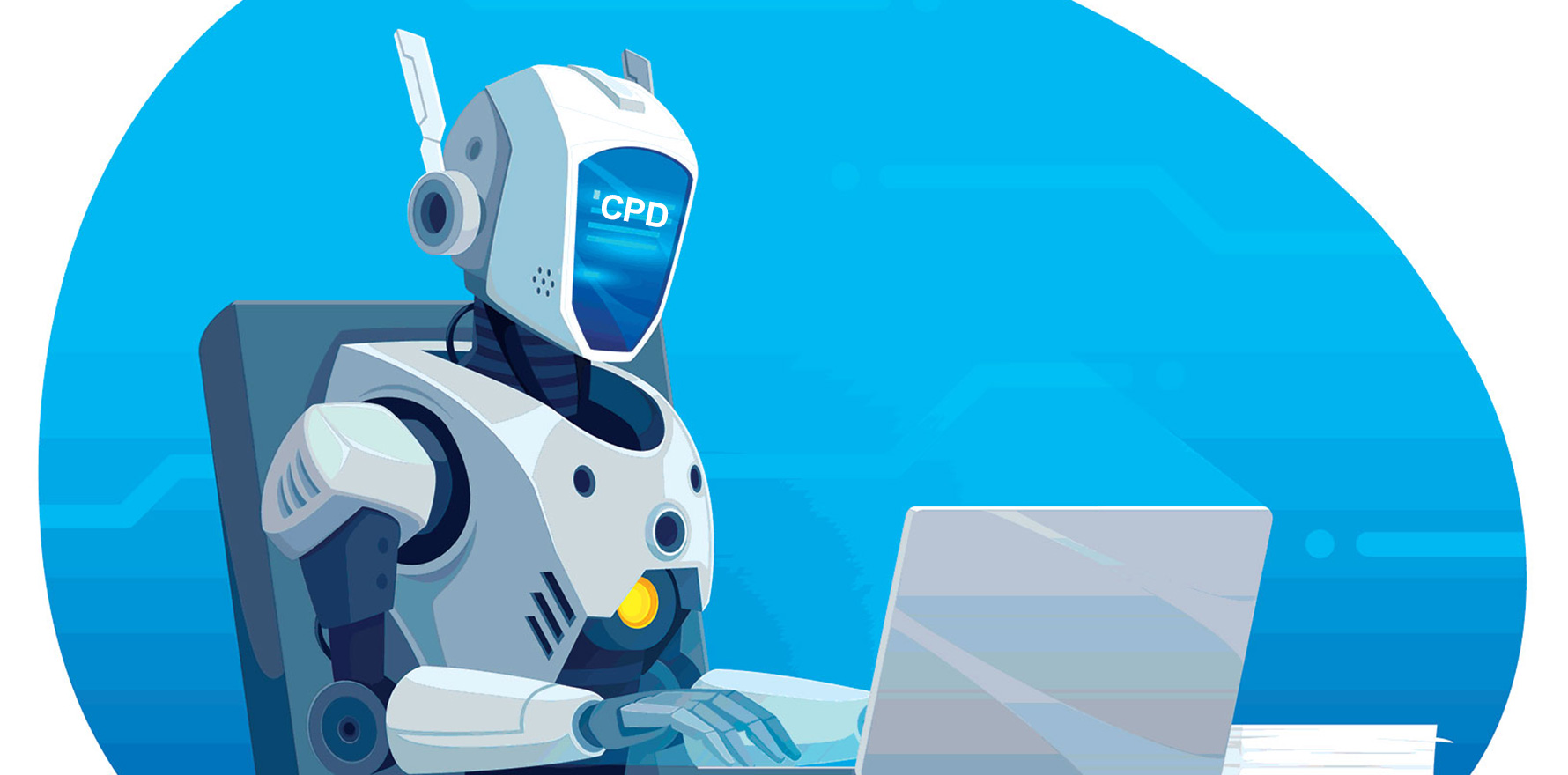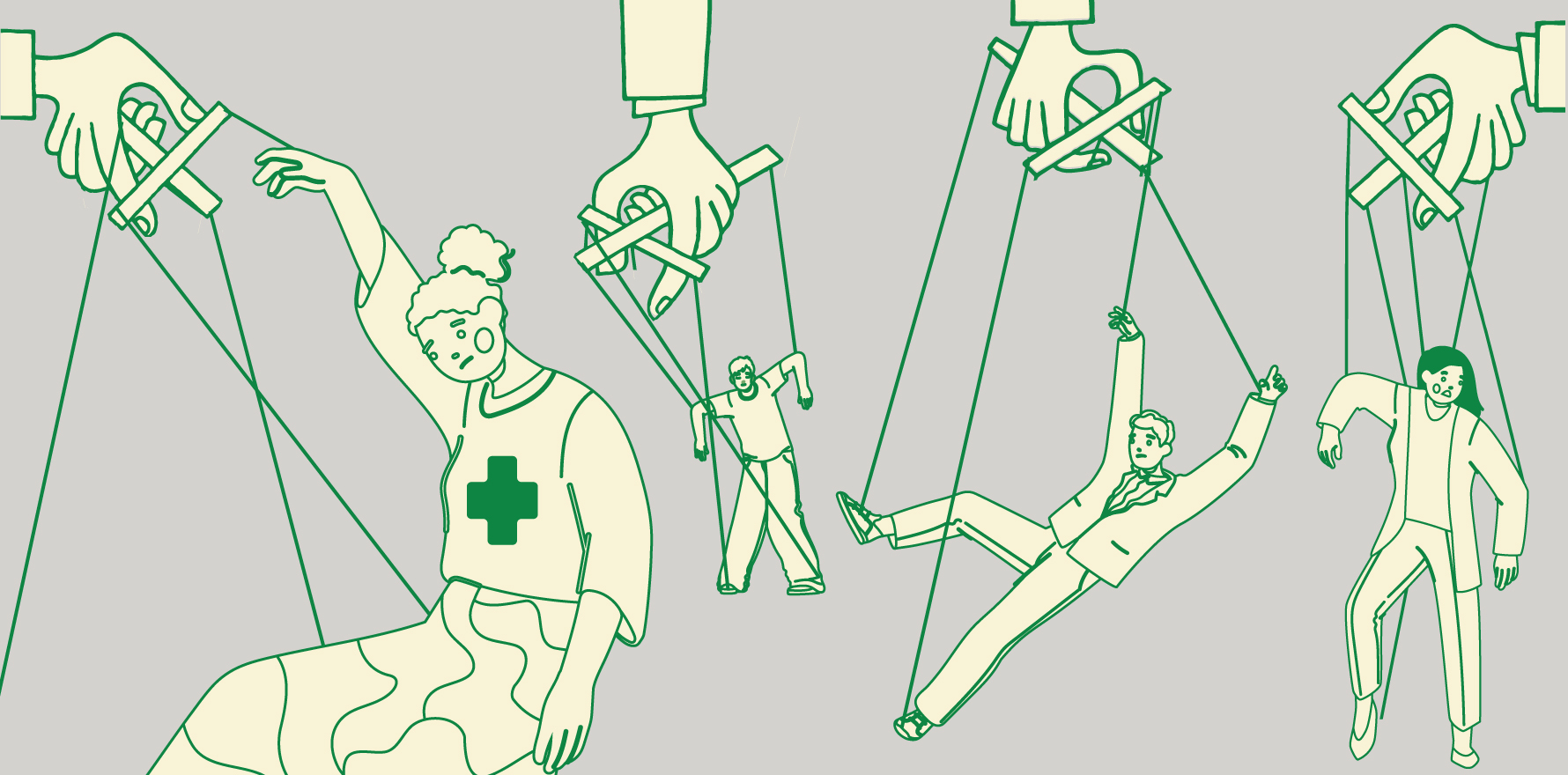AI is coming for us all, so get some real use out of it first and make it do your CPD.
I always leave my compulsory RACGP CPD to the last minute, because I have learnt over time that doing things too early may result in doing things I don’t actually need to do.
Also, CPD points seem to magically appear on the log based on bits and pieces of courses, practice audits and drug company dinners – I mean “educational events” — that I attend throughout the year and forget about.
I also try to follow Mark Twain’s advice and never put off till tomorrow what you can do the day after.
With that in mind, I thought mid-November was the time to get this thing nailed down before the Christmas period got crazy.
However, when I looked at the professional development plan, I was initially a bit deflated – until I remembered ChatGPT. I assume that we can use this tool as it has “GP” in the name.
I was now fulfilling my overall goal of trying to work smarter, not harder, and trying to find the “joy” in my work again. I do tend to be a little sarcastic (my kids often ask, “Is that sarcastic, Mum?”, to which I reply “No, I’m being genuine”).
So, I asked ChatGPT to write my professional development plan in the style of Daria Morgandorffer from the MTV show Daria. Perfect! Submitted! Here it is – I wonder if the RACGP will notice?
1. Personal and professional reflection
Honestly, where do I even start? It’s been a journey, or something close to it. I entered this field with the naïve idea that I could make a meaningful difference in people’s health while avoiding excessive small talk. Turns out, people need more than just a prescription for their cold.
So, to maintain my sanity (and dignity), I’ve learned that some level of empathy and an alarming amount of patience are essential. However, I still have not mastered the art of “active listening” when someone goes on and on about their pet hamster’s bowel movements.
Goals for reflection:
- Continue to develop a healthy, albeit dry, approach to managing patient expectations.
- Assess personal growth in navigating the complexities of the healthcare system while questioning its true impact on actual patient care (deep, right?).
2. Professional Development Goals
You would think that after surviving medical school, internships, and years of “well, at least it’s a job” moments, I would have everything under control. But no. There are still things to learn.
No, I’m not going to become a super enthusiastic “Dr Feel-Good” type, but I can at least try not to make my patients feel like they’ve just been lectured at in the most disinterested way possible.
Specific areas of focus:
- Medical knowledge: I am still learning. There are still things to figure out, like new treatments, evolving guidelines, and the ongoing mystery of how to keep patients from Googling their symptoms at 3am.
Target: Participate in two RACGP-accredited CPD activities annually (yes, even if they involve Zoom calls). - Communication skills: At least I’m not as bad as some of my colleagues who actually enjoy small talk. But I could work on making the whole “bedside manner” thing less sarcastic. Not everyone appreciates irony.
Target: Complete a communication skills course focused on patient-centred care by the end of the year. - Professional boundaries and self-care: When you work in a job where people constantly need something from you, it’s easy to lose yourself. But let’s be real – there are only so many hours in the day, and no, I don’t want to hear about your dog’s emotional issues. I should probably make more time for personal interests.
Target: Set clear professional boundaries and take at least one day a week completely off from work to recharge. Also, make sure not to bring my work home, mentally or literally.
3. Educational activities and courses
Because apparently continuing education is a thing I need to do to avoid becoming irrelevant.
- Clinical skills training: Learn about the latest diagnostic tools for conditions I’m likely to encounter daily, like chronic stress, hypochondria, and vitamin D deficiency.
Target: Enrol in a workshop about mental health screenings for general practice by the next quarter. - Online learning (if I must): I’ve decided that online modules are the lesser of many evils. At least I can get through them without wearing pants.
Target: Complete three online modules on emerging health trends within the next six months. - Workshops/conferences: Because I’m not immune to the allure of free pens and the occasional breakout session with questionable catering.
Target: Attend at least one RACGP conference, even if it’s just for the snacks.
Related
4. Collaboration and networking
I’m a firm believer that networking is a lot like finding a good coffee shop. It’s about making connections with people who won’t suck the life out of you. So, I’ll aim to interact with my colleagues and peers in a professional manner, which usually means nodding while they talk and offering insightful commentary if they ask.
Goals:
- Join at least one special interest group within the RACGP that isn’t a complete waste of time.
- Collaborate with at least three specialists or allied health professionals for case reviews or patient management discussions.
5. Work/life balance (or as close to it as I can get)
Look, I’m realistic. Work/life balance is a myth for people who aren’t doctors, but I can at least try to reduce my workaholic tendencies. My personal life doesn’t need to consist entirely of watching documentaries on existential crises and rolling my eyes at society’s obsession with health fads.
Goals:
- Schedule “off time” for activities I actually enjoy, like reading books that don’t have the word “clinical” in the title.
- Try to leave work at work (as much as possible), and don’t respond to non-emergency emails after 7pm.
6. Self-evaluation and feedback
I’ve come to realise that while self-reflection is an admirable trait, feedback from others is sometimes more of a wake-up call than I’d prefer. I should probably ask my colleagues for input on my clinical approach, just to make sure I haven’t been accidentally killing my patients with sheer apathy. But also, maybe I won’t.
Who needs feedback when you have Netflix, right?
Feedback target:
- Seek constructive feedback from at least two colleagues or mentors each quarter.
- Reflect on patient satisfaction surveys (but not too much, because, well, people are needy).
7. Conclusion
In the end, my Professional Development Plan is about maintaining the delicate balance between competence and keeping my soul intact. I’ll keep striving for improvement without losing my ability to be moderately sarcastic and totally unenthusiastic about most things in life. But hey, at least I’m making progress – slowly, but surely.
… It’s quite me, don’t you think? This year, readers, make it your resolution to stop worrying about your CPD and learn to love the bomb that is AI.
Dr Kelly Hamill is a GP in Bellingen. She also has a BA in Philosophy and previously worked for Greenpeace, Amnesty International, the Bodleian Library at Oxford University, and pro bono for the Medevac program for refugees on Manus Island.





